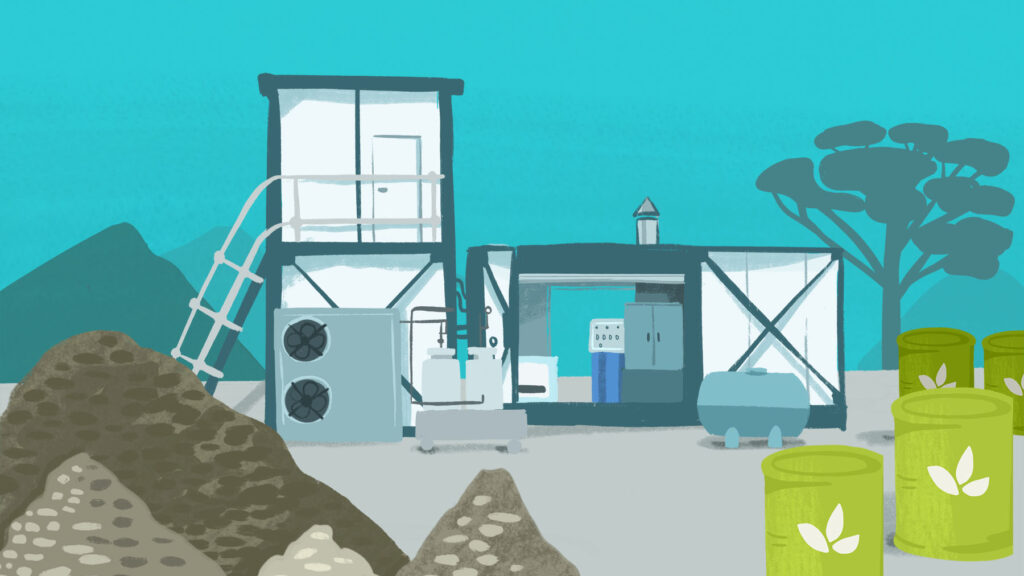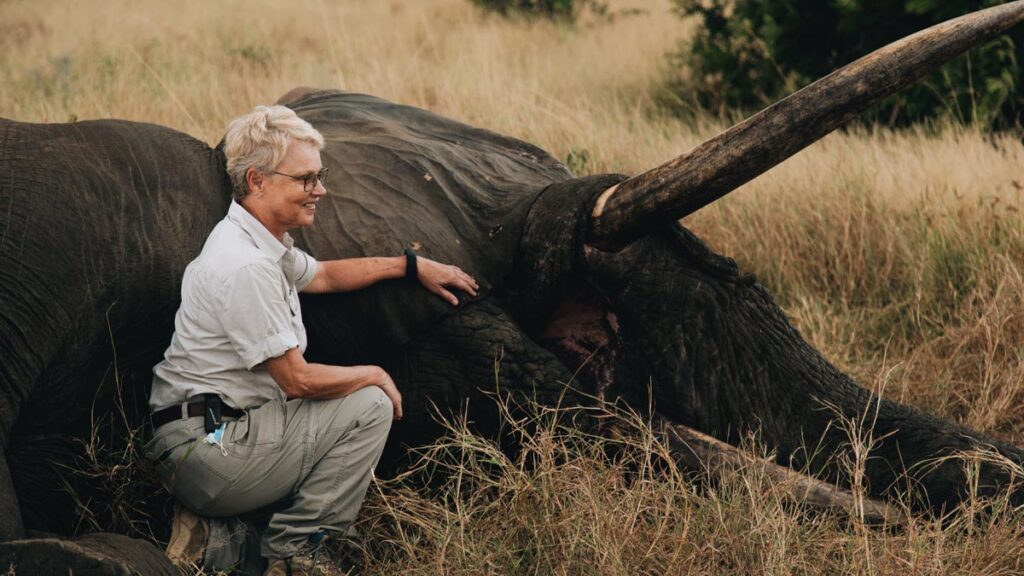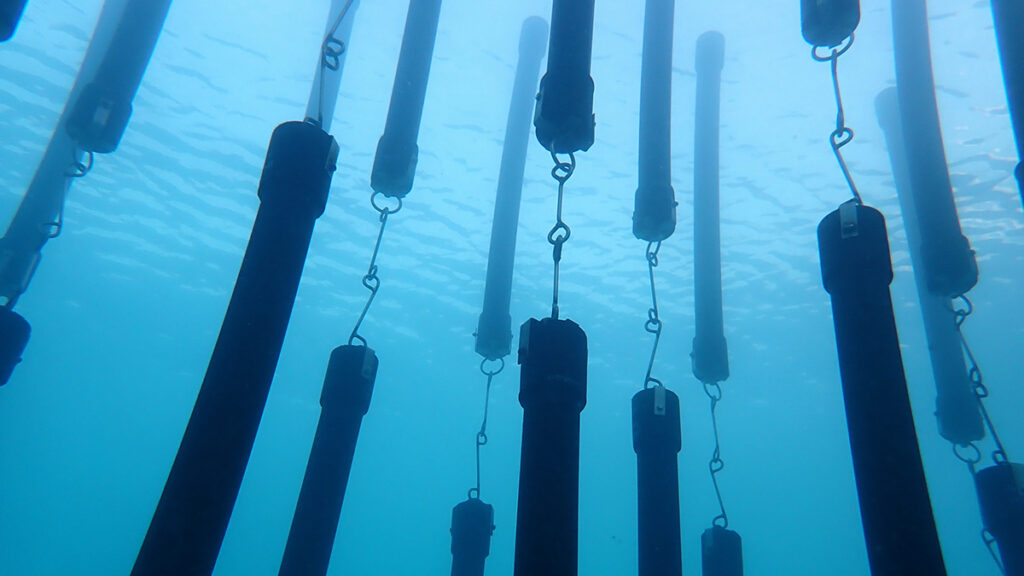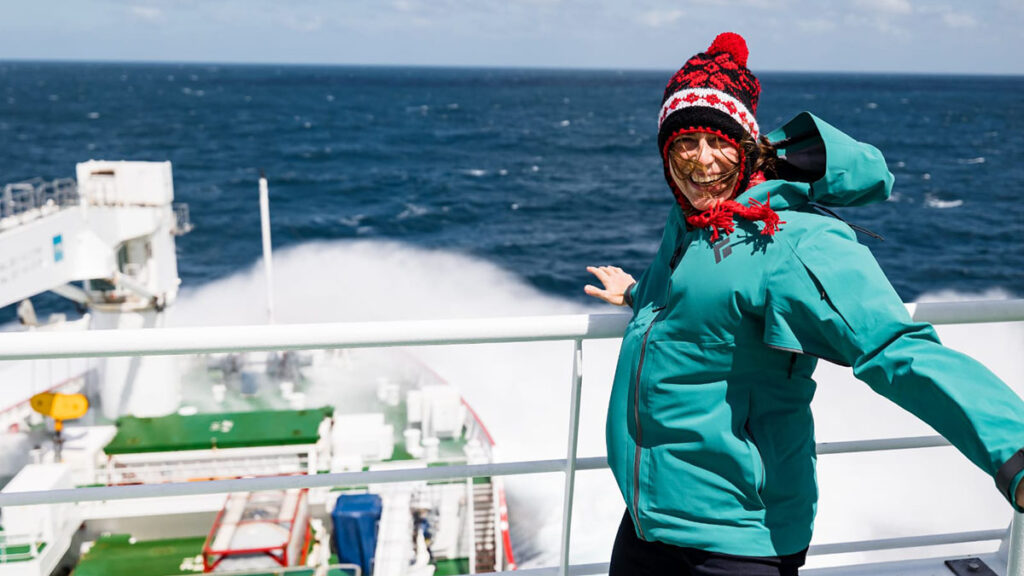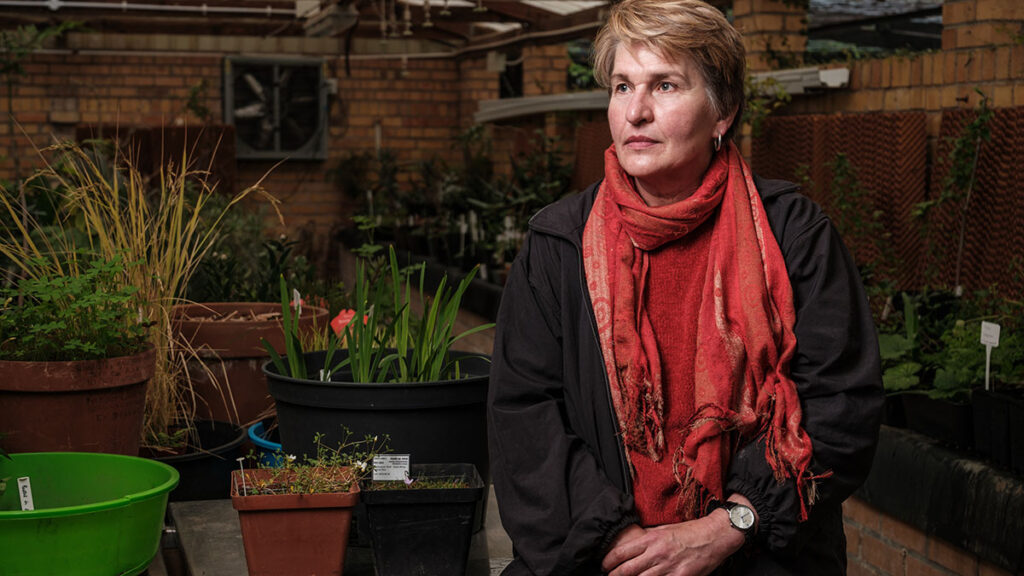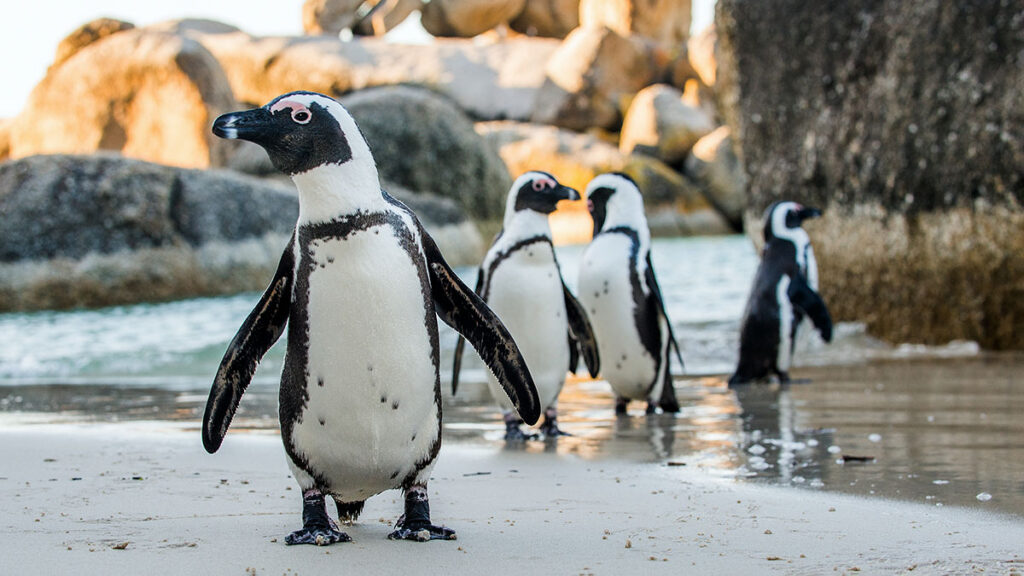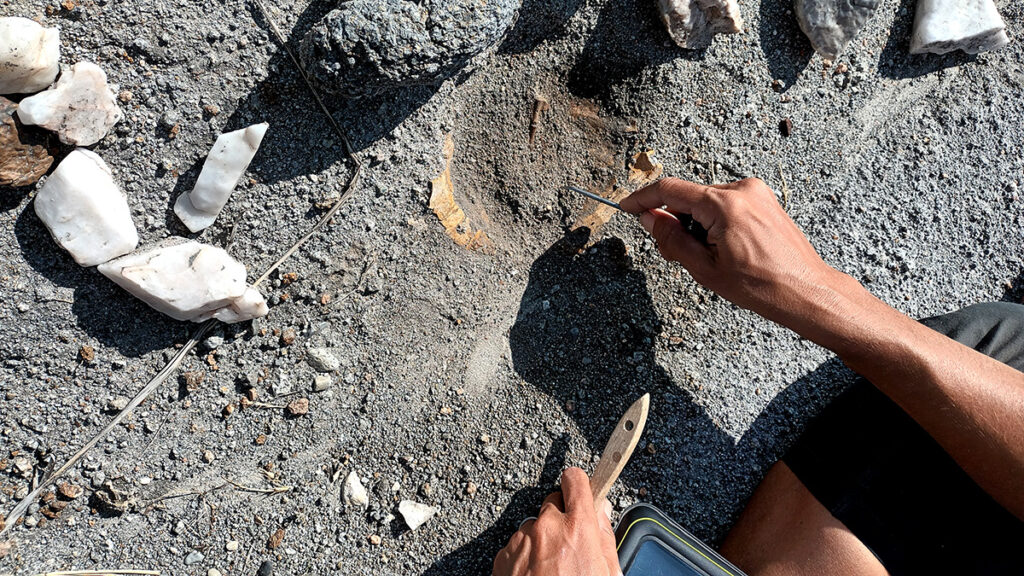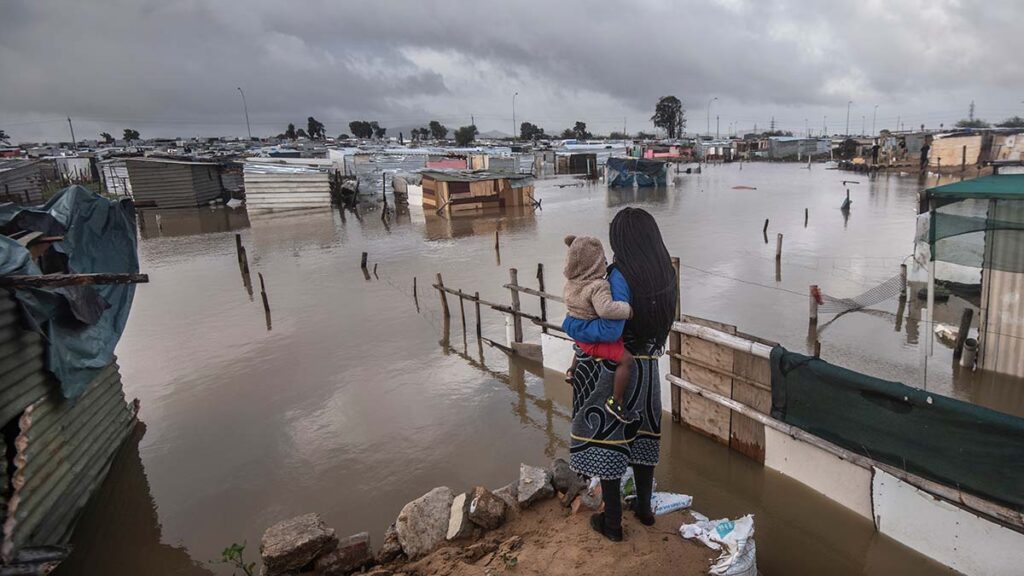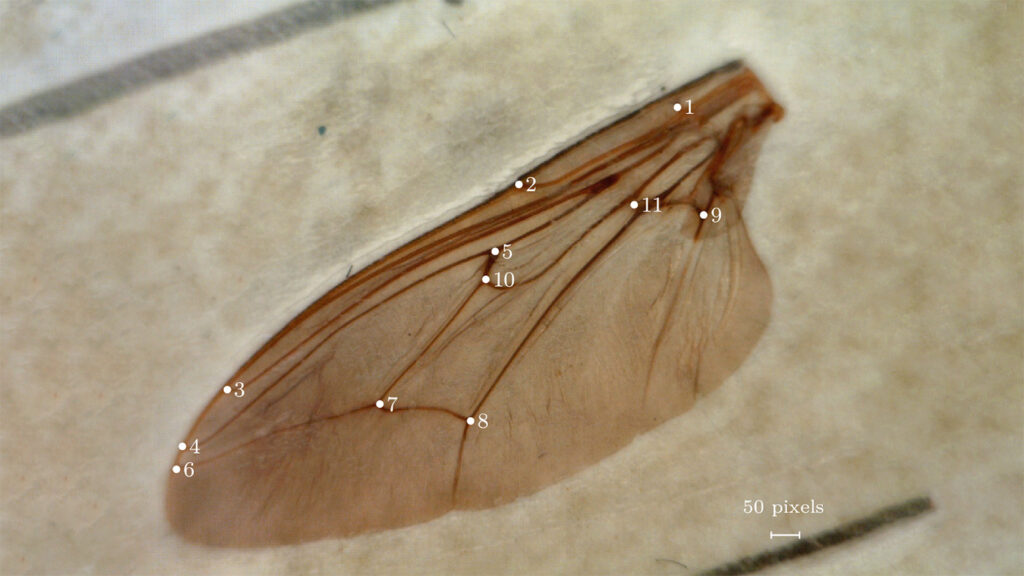
Tsetse flies in the time of climate change: What machine learning predicts
Modern machine learning methods may be key to unlocking valuable insights from a dataset of over 200 000 tsetse fly wings, collected during an 11-year study carried out at the Rekomitjie Research Station in the Zambezi Valley, Zimbabwe. This invaluable dataset may hold the answers to what caused the dramatic collapse of tsetse fly populations in the valley over the past 30 years, and whether we’ll be faced with their possible re-emergence in areas such as the Kruger National Park in a warmer climate.
